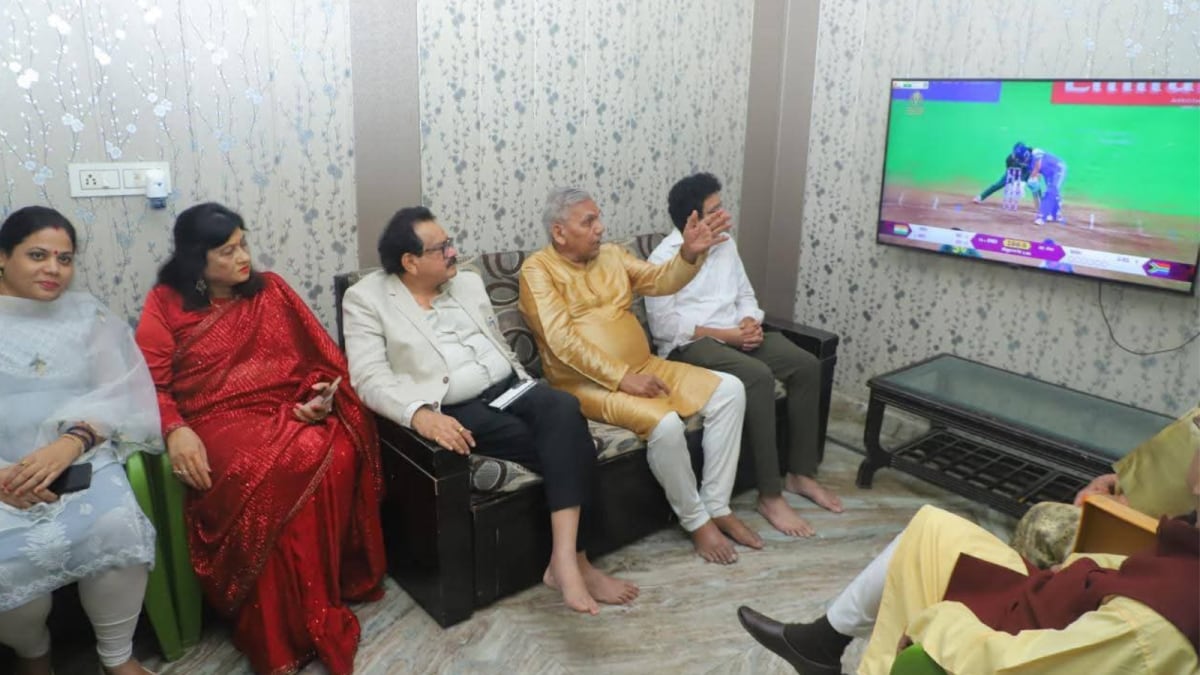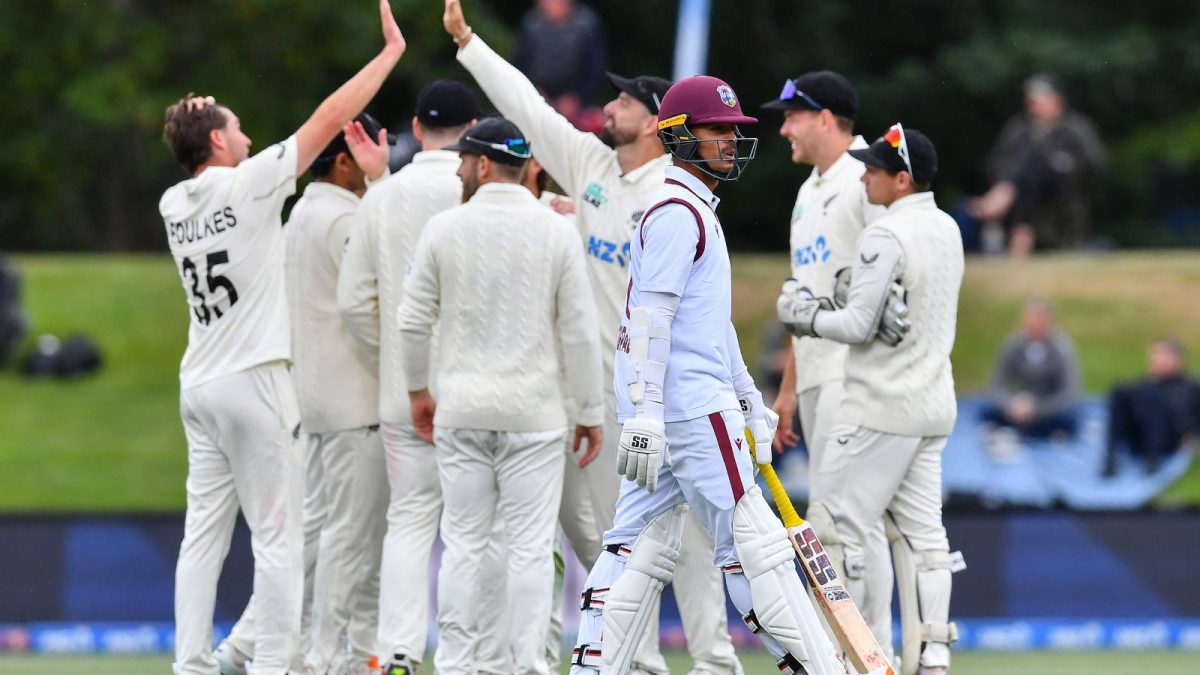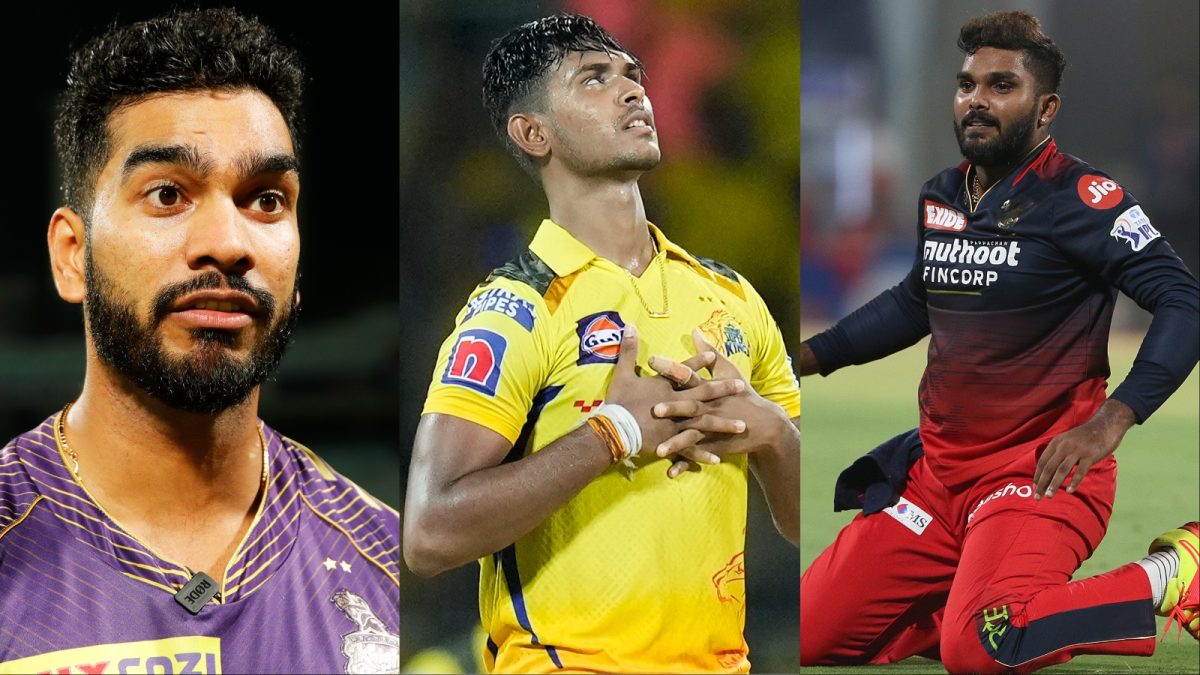Last Updated:
Deepti Sharma’s house had turned into a mini-stadium, its courtyard packed with relatives, neighbours, and friends glued to the TV.

People glued to TV sets at Deepti Sharma’s house in Agra, watching ICC Women World Cup final match. (Image: News18)
As the final wicket fell under the floodlights of Mumbai’s Wankhede Stadium on Sunday night, history was made — and so was a citywide celebration 1,200 kilometres away in Agra. For the first time in 52 years, India lifted the ICC Women’s ODI World Cup trophy, defeating South Africa by 52 runs, with Agra’s very own Deepti Sharma emerging as the match-winner and the face of a new era in Indian women’s cricket.
The narrow lanes of the city that once echoed with the clinking of marble chisels and the rhythmic strokes of artisans, were on Sunday filled with chants of “Bharat Mata Ki Jai” and the thunder of crackers. From Mantola to Sadar Bazaar and Civil Lines, tricolours fluttered from rooftops, and people spilled onto the streets dancing to dhol beats. “Agra ki beti ne kamaal kar diya! (Agra’s daughter has done wonders),” shouted a group of youngsters, waving flags and singing patriotic songs.
For Deepti’s family in the Shastripuram area, it was a night of emotions, tears, and pride. The Sharma household had turned into a mini-stadium, its courtyard packed with relatives, neighbours, and friends glued to the TV. Every shot by Deepti, every wicket she took, was greeted with cheers that could rival the Wankhede roar. When she raised her bat after scoring a half-century — her maiden one in a World Cup final — her mother, Sushila Sharma, folded her hands in gratitude.
“Team India ki sabhi betiyon ne mera maan rakha hai. Maine aur meri beti ne Bhagwan ki jitni bhi seva ki, aaj wo safal ho gayi. Meri tapasya poori hui (All the daughters of Team India have honored me. Whatever devotion and service my daughter and I offered to God has borne fruit today. My penance is complete),” said an emotional Sushila, wiping tears of pride. She had spent the morning offering prayers and performing a small puja before the match began, chanting, “Aaj har haal mein jeetna hai…Chak De India!”
Deepti’s father, Ghirendra Sharma, once an employee in the Survey of India, sat quietly in a corner after the victory, overwhelmed. “Deepti par garv hai. Usne sirf humara nahi, poore desh ka naam roshan kiya hai (I am proud of Deepti. She has brought glory not just to us, but to the entire nation),” he said, as neighbours rushed in with garlands and sweets. The family’s modest home soon became the epicentre of the city’s jubilation, with flower petals, selfie requests, and local TV crews at their gate.
Inside the house, the moment of triumph had brought back memories of Deepti’s early struggles. Her elder brother, Sumit, who introduced her to the game, recalled how the young girl would stubbornly follow him to the nets at the Eklavya Sports Academy, even when girls weren’t allowed to train. “She would just sit on the sidelines watching the boys. One day, she threw a ball straight at the stumps from 50 metres away. That one throw changed her life,” he said. Former Indian cricketer Hemlata Kala, who was present that day, noticed her raw talent and recommended her for state trials — a decision that set her on the path to the Indian team.
The victory was deeply personal for the family — but it also turned into a community celebration. “We feel as if our own daughter has made India proud,” said Meena Devi, a neighbour who joined the Sharmas to watch the match. “Agra ka har ghar aaj jagmag kar raha hai (Every home in Agra is shining bright today).”
As Deepti was named Player of the Tournament — with 22 wickets and 215 runs — congratulatory messages poured in from across the country. Among the first to visit her home was Union Minister SP Singh Baghel, who watched the final alongside the family. “Kal dukaano par bat nahi milenge. Ab har maa apni beti ko bat degi. Har gali se ek Deepti niklegi (Tomorrow, you won’t find bats in the shops — every mother will gift one to her daughter. From every street, a new Deepti will emerge),” he said, adding that the young all-rounder’s success would inspire a generation of girls to take up the sport. “When Kapil Dev lifted the World Cup in 1983, boys across India began playing cricket. Now, girls will pick up bats with the same dream.”
Outside Agra, celebrations spread far and wide across Uttar Pradesh. In Lucknow, people burst crackers near Hazratganj and waved flags. In Ayodhya, priests performed havan for the victory, while in Varanasi, schoolgirls took out a tiranga rally chanting “Jai Hind.” In Amroha, artist Juhaib Khan created a charcoal portrait of the team captioned “Bhartiya Mahila Team Vijayi Bhav”, while in Prayagraj, devotees took a dip in the Yamuna praying for the team’s continued success.
For Agra, the moment was extra special — a culmination of Deepti’s decade-long journey from a cricket-loving girl who once watched from the sidelines to India’s most dependable all-rounder. In the tournament, she not only became the leading wicket-taker but also etched her name in record books as the first woman cricketer to score 200-plus runs and take 20-plus wickets in a single World Cup.
Deepti’s journey has been marked by quiet perseverance and humility. Two years ago, the Uttar Pradesh government appointed her as a DSP in the state police, recognising her contribution to sports. Chief Minister Yogi Adityanath personally felicitated her with a Rs 3 crore reward after the Asian Cup triumph, where she had helped India clinch gold.
On Sunday night, as fireworks lit up the sky above Agra Fort and the Taj Mahal’s white marble shimmered under the glow, one could sense that the city had found a new identity — beyond its monuments, beyond its history. It now belonged to a champion whose spirit symbolised a modern India — determined, fearless, and unstoppable.
“Agra has given the world the Taj Mahal, and now it has given India Deepti Sharma,” said a smiling SP Baghel as he stepped out of the Sharma residence.
And, as chants of “Chak De India” echoed through the night, one thing was clear — for the people of Agra, November 2, 2025, will forever be remembered as the day when their daughter brought home the World Cup, and with it, unending pride.
November 03, 2025, 17:07 IST
Read More






